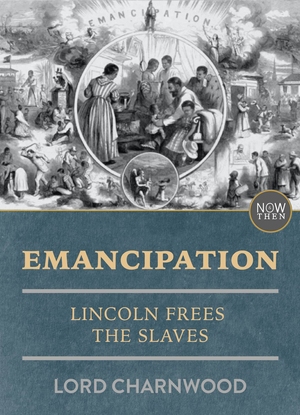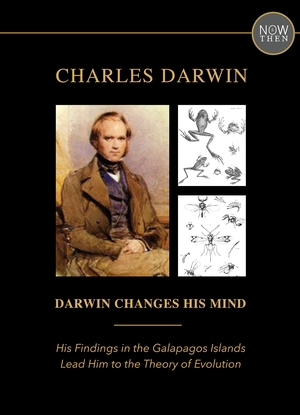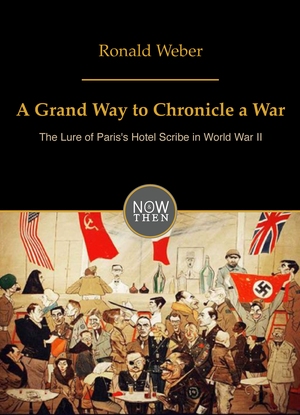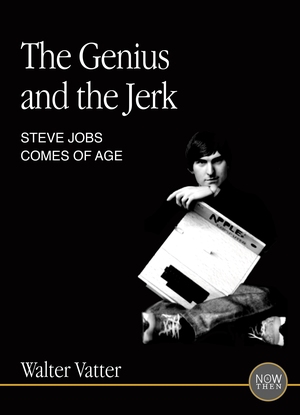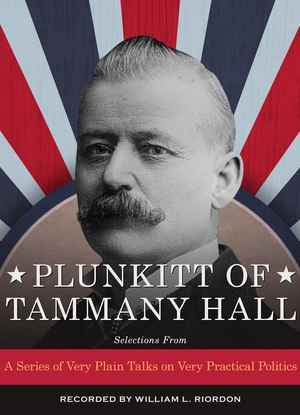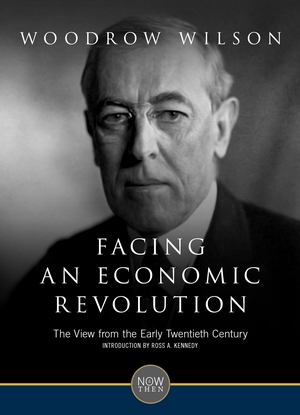Facing an Economic Revolution
The View from the Early Twentieth Century
by Woodrow Wilson
Americans in the early twentieth century perceived themselves to be living in a pivotal moment in the development of the American economy. The world they grew up with—a world of individual competition and small-scale capitalism—seemed to be increasingly overtaken by a new reality of labor unions and large-scale corporations. The economic and social disruptions associated with this transition—strikes, inflation, large-scale immigration, and growing divisions of class—were a key issue in politics in the 1912 election. Woodrow Wilson spoke to these issues in his 1912 campaign for the presidency, calling his program the “New Freedom.” He attacked irresponsible big corporations and warned that regulating them would not alone solve America's problems. What distinguished Wilson’s progressivism was his ability to fuse government intervention in economic life with a vindication of individual liberty. As this piece shows, he painted corporate power most of all as a threat to freedom—to political freedom, economic freedom, and even to individual survival. To him, government intervention in the economy was not a threat to liberty but instead was the only way to preserve it under the conditions of modern, corporate capitalism. Wilson saw that government was no longer the primary threat to that end but its salvation.
Facing an Economic Revolution details:
ISBN: 978-1-937853-78-5
Words: 6,696
Pages: 14
Read a sample of Facing an Economic Revolution >>
Tags:



